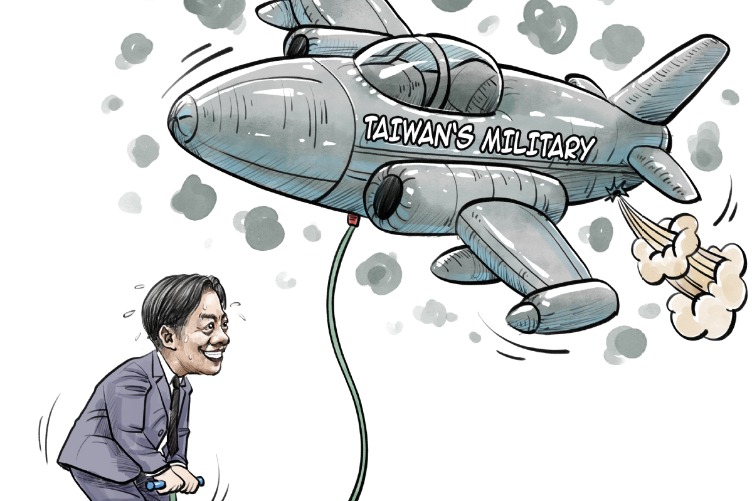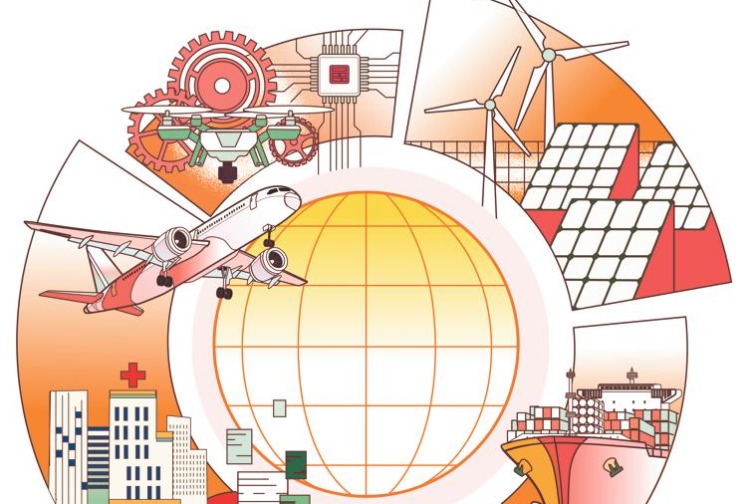BRICS on right track to the future

BRICS set to surpass the six major economies
The advanced economies' global power peaked in the 1980s and 1990s. But despite continued absolute expansion, their relative erosion has increased. In 2000, the economies of the major advanced nations of the West, as reflected by the six major economies, were still almost 10 times bigger than Brazil, Russia, India, and China put together. However, the global financial crisis sped up the West's relative erosion.
By 2010, the combined six major economies were almost three times bigger than that of BRICS. Today, their edge has shrunk drastically.
Despite the US-ignited tariff war against China, India's struggle against poverty, Brazil's internal turmoil, and sanctions against Russia, the BRICS economies are still likely to surpass the major advanced economies around the early 2030s. By 2030, the six major economies will be about 5 percent behind the original estimate, and the BRICS' a bit more, about 7 percent.
Indeed, if the six major economies were to be balanced with six large emerging economies-rather than just four BRIC nations of Brazil, Russia, India and China-by including Indonesia, Mexico or Turkey, or Nigeria or South Africa, the trend would prove even more prominent.
While the advanced economies have been penalized by their sovereign debt crises, large emerging economies such as Brazil and Russia have been harmed by political turmoil and sanctions. In other words, the challenges in these two countries are political in nature and both have had to cope with external efforts to shape their sovereign future.
In contrast, since advanced economies have not even begun to reduce their debt burden, their economic leverage may decline relatively faster sometime in the future. In other words, their challenges are largely economic in nature.
There is only one viable way to deliver the economic promise of BRICS, and that is economic development. Any political, quasi-political (that is, sanctions, regime changes) or military efforts that undercut development will penalize the economic future of both sets of countries.
The author is the founder of Difference Group and has served as research director at the India, China and America Institute (USA) and visiting fellow at the Shanghai Institutes for International Studies (China) and the EU Centre (Singapore).































